Kale ya Pemba ni kale ya Waswahili na mazingira yao. Maandiko machache ya Abdulrahman Saggaf Alawy na AliAbdala El Maawy yameonesha mazingira ya watu wa kale na mawazo yao. Kale hiyo si kale ya kabla ya Fumo Liyongo, bali ni kale ya akina Kamange na Sarahani. Kamange na Sarahani, waliingia katika karne ya kumi na tisa na kufariki katika karne ya ishirini. Mashairi yao yalivuma pwani yote ya Afrika Mashariki. Mwandishi Abdulrahman Saggaf Alawy, amefanikiwa kukusanya baadhi tu ya maandiko ambayo yote yameandikwa katika mtindo wa kale wenye kujali bahari ya vina, mizani na kibwagizo cha wazo moja. Kamange alipenda sana kutunga mashairi ya kujitoma, ya ushaha, ya utendaji na ukali wa mapenzi ya wanawake. Sarahani alipenda elimu na kusomesha, kuingia katika falsafa na kutoa mawaidha. Kale Ya Washairi wa Pemba ni mkusanyiko mkubwa wa utajiri wa mashairi yenye kuchanganya lahaja mbalimbali za Kipemba, Kimvita, Kiamu, Kimrima, Kivumba na yametumia pia maneno yenye asili ya Kiarabu yatumikayo katika Kiswahili. Kale Ya Washairi wa Pemba kimehaririwa na Abdilatif Abdalla kutoka Mombasa, mshairi wa Sauti ya Dhiki na mwenye kupendwa sana nchini Tanzania alikoishi miaka mingi akifanya kazi katika Taasisi ya Uchunguzi wa Kiswahili (TUKI). Mashairi ya washairi hawa ni changamoto kubwa kwa wasomi wa Kiswahili wa ushairi kwa upeo wa juu sana wa sanaa na umahiri wa lugha.
The title of this collection of poetry, Kale ya Washairi wa Pemba: Kamange na Sarahani is translated as, ‘The Past of Pemba Poets: Kamange and Sarahani’. Pemba, for those who may need reminding is the smaller of the two islands known as Zanzibar, the other being Unguja. The poets whose works make up the collection lived between the last half of the 19th and early 20th century in Pemba, but their poetry was known and much appreciated throughout the Swahili world of the time, meaning the coastal towns of East Africa, in particular, Mombasa, Lamu, Zanzibar and other settlements. The two famous and rival poets, Kamange and Sarahani, were influenced, as all artists inevitably are, by their environment and culture, among the most important of its manifestations being religion and language. Both of them were Muslims, and were therefore influenced by Islamic literature and Arabic language. But they were also influenced by the multiplicity of Swahili sub-cultures and dialects – which were not in fact called Swahili but Kim vita, Kiamu, Kipemba, Kimrima and Kivumba respectively (for the Swahili spoken in Mombasa, Lamu, Pemba, Vanga and Wasini off the Southern Kenya coast) and several others. One aspect of the richness of the collection of Kamange and Sarahani’s poetry is the length and breadth of their command of the different dialects. At the height of their fame, the two poets divided the world of poetry into followers of Kamange or Sarahani. This rivalry became even fiercer after Kamange’s death with Sarahani refusing to be engaged in it, because as he voiced it, in the absence of his real sparring partner there was no one to pit himself against. Kamange was the boisterous, and daring one writing on subjects of love and bravery while Sarahani was interested in religion erudition, philosophy and moral instruction.
The collectors of the poems, Abdurrahman Saggaf Alawy and Ali Abdala El Maawy saved the poems from extinction after the1964 revolution in Zanzibar and kept them for more than forty years before presenting them to Abdilatif Abdala, an editor of this collection (himself a renowned poet) to find a publisher for them. This is a real treasure of Swahili poetry that will open up a new window to the richness of Swahili literary and poetic culture.
International availability:
This book is internationally distributed by African Books Collective

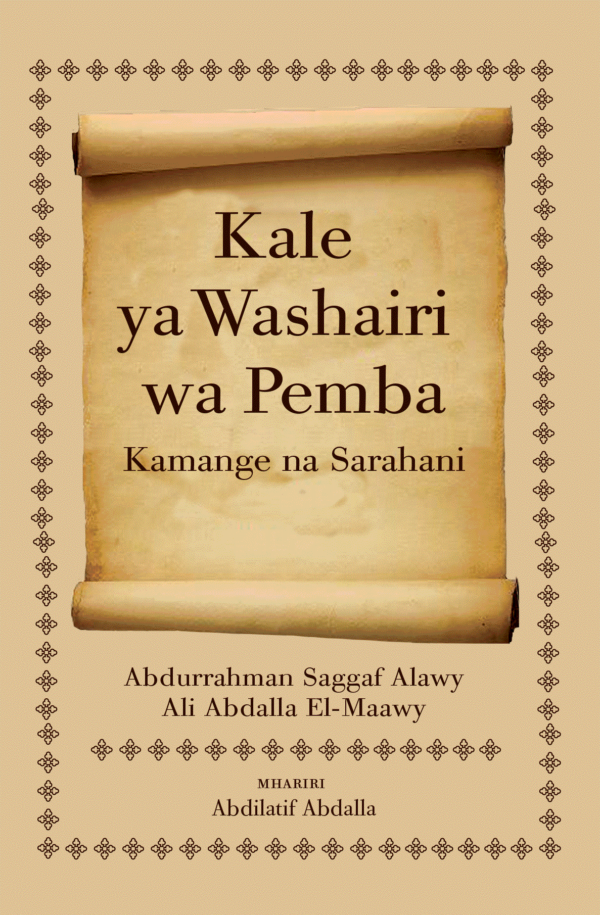
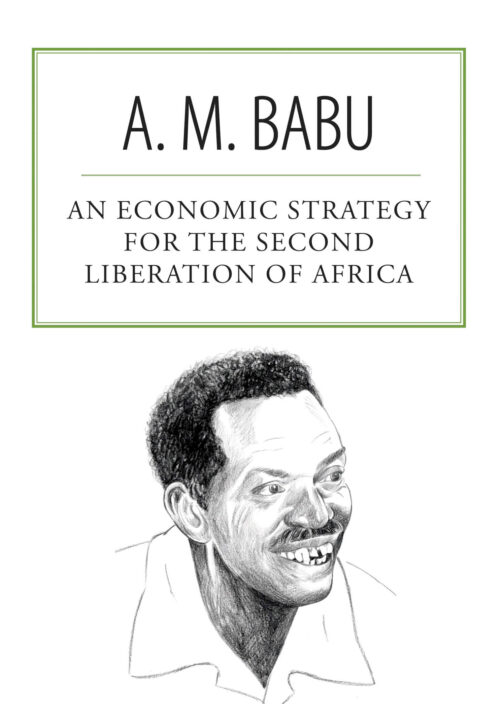
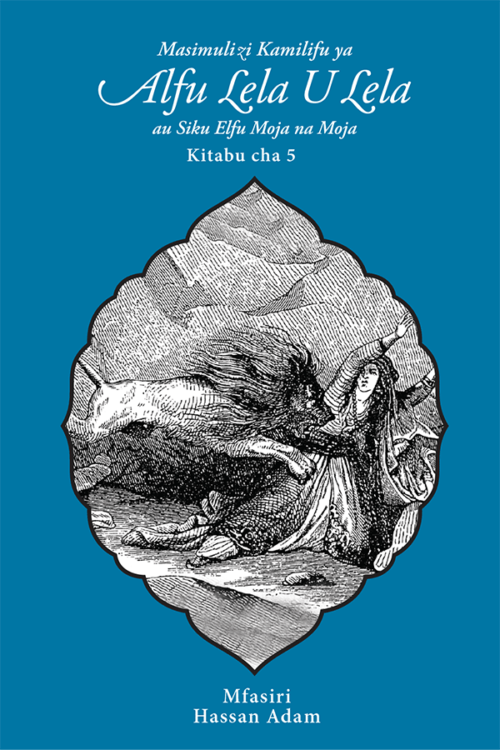
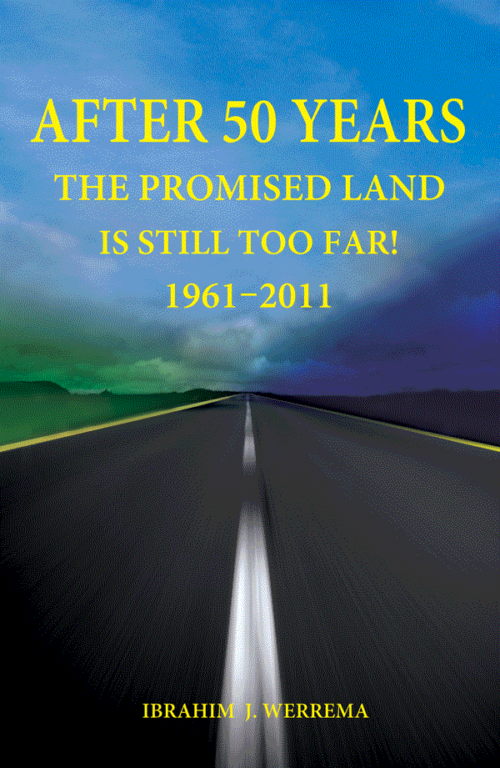
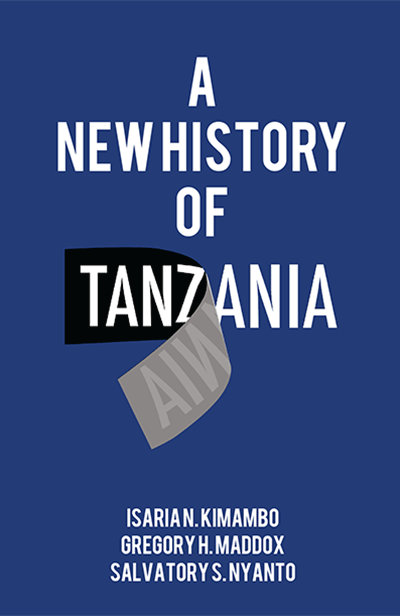
Reviews
There are no reviews yet.